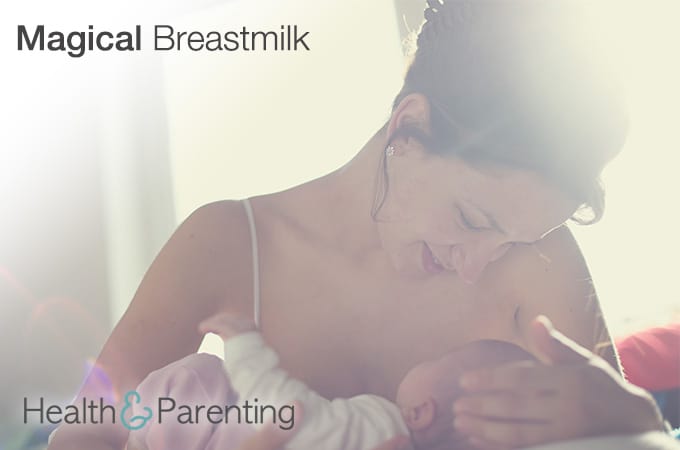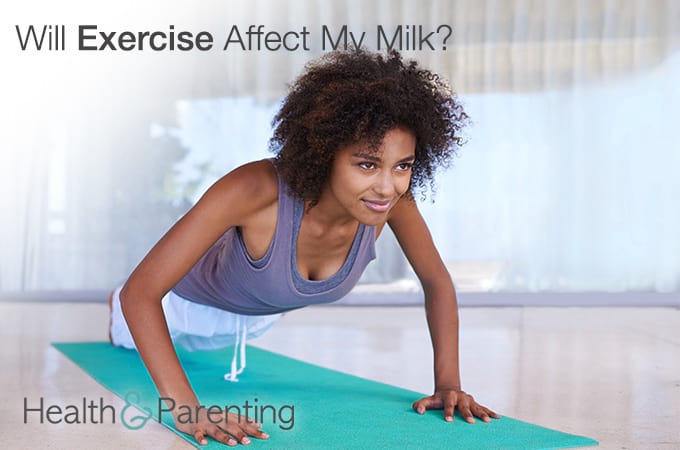It’s important to eat a healthy diet during pregnancy. Your body requires lots of extra vitamins and nutrients to nourish your growing baby. Eating a healthy, balanced diet during pregnancy can help to give your baby the best start in life. If you are on a tight budget, you may worry that a healthy diet is out of your grasp. By following these simple tips, you can make sure your developing baby is getting all the goodness he needs without breaking the bank:
1. Plan your meals – if you buy a bucket load of fresh fruit and vegetables, with no clue of what you’re going to cook, it’s likely that at least some of the food will end up in the bin. By putting time into the planning stage, you can save yourself throwing your hard-earned money into the compost each week. Work out what you are going to eat each day, and what you need to buy from the shops. This will help you to avoid food and financial waste, as well as helping you to assess whether you are eating a healthy, balanced diet. Seeing everything written down makes it much easier to analyse your food intake.
2. Shop around – now that you have a shopping list, you can hunt for some bargains. Buying everything from your over-priced corner shop could become expensive, so try to shop around for the best bargains. You may find it useful to split your shopping list, and buy certain items from your local green grocers, and visit supermarkets to snap up a bargain offer.
3. Make the most of offers – use offers, in-store specials, and coupons as a way of grabbing some bargains, but be careful not to impulse buy. Stick to your list, and buy only what you need, but make the most of any offers that fit into that criteria. Supermarkets often have fresh fruit and vegetable offers, and your local green grocers may sell discounted produce close to the best before date.
4. Bulk it up – cooking in bulk can help to save you money. Buy what you need, cook it all, and then freeze what you don’t need. You’ll have some meals ready and waiting for you in the freezer then, and this will help you knock some money off a future food shop.
As well as eating a balanced diet rich in fresh fruit and vegetables, you should take a daily prenatal vitamin. Do you have any tips for eating healthy on a budget?
Written by Fiona (@Fiona_Peacock), mother, writer and lover of all things baby related
This information is not intended to replace the advice of a trained medical doctor. Health & Parenting Ltd disclaims any liability for the decisions you make based on this information, which is provided to you on a general information basis only and not as a substitute for personalized medical advice. All contents copyright © Health & Parenting Ltd 2018. All rights reserved.













